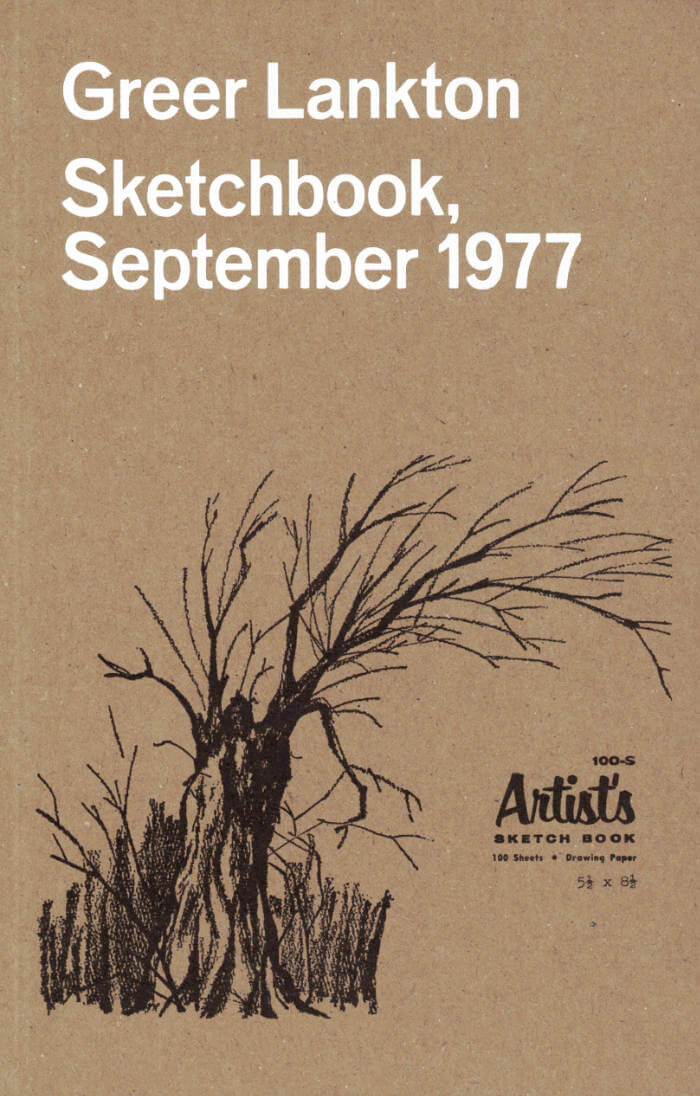
Real State
Real state is the first publication by artist Asta Meldal Lynge, a visual essay with text by Eleanor Ivory Weber, that takes a critical stance towards the subjects of housing, urban development and image production. Employing video-stills, photographs and found images, Lynge explores the social and political value of the image, in a specifically urban context, emphasising the fictions present in the (re)production of space.
In particular, Real state investigates the ramifications of architectural renderings within the public sphere, documenting building site hoardings, symbolic points at the threshold of construction, where a yet-to-exist everyday and a predicted image of the city meets the real one.
Processing this documentation through layering, editing and retouching, Lynge highlights (and challenges) both the intensifying tendency of ‘image-building’ or the production of buildings as icons and the subsequent transformation of public space into an infinite extension of image surfaces.
As the content is framed and re-framed, trackpad gestures are overlaid, ultimately bringing the stability of any image surface into question. This destabilising approach is mirrored in Weber’s text which combines excerpts from e-mail conversations, with differing registers of fiction, expanding on the disconnection between the idea of housing as a basic human need and its position within market logic and neoliberal ideology.
The book’s title alludes to these systems at play, both the power structures of governed entities and the business of real estate; whilst troubling the promise that there is something real or true to be revealed.




